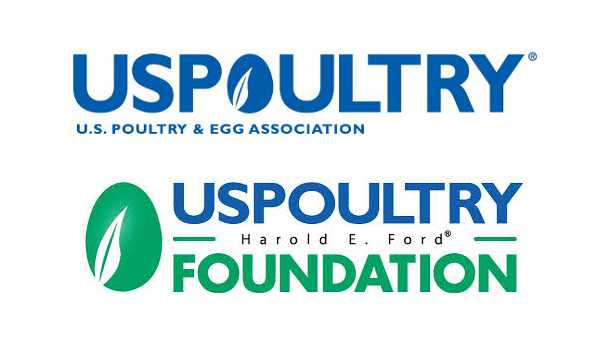Martin’s Super Markets and Miller Poultry joined forces to donate 13,000 pounds of chicken to the Food Bank of Northern Indiana on December 10. The contribution comes at a critical time, as many families continue to face challenges brought on by the pandemic and rising food insecurity.
The donation reflects the strong collaboration between local businesses and their commitment to supporting the community. Chicken, a staple protein in many households, provides essential nutrition, particularly during the holiday season when demand for food assistance typically increases.
The Food Bank of Northern Indiana serves a six-county area, where the need for support has grown significantly, with partner agencies reporting a 12% increase in households seeking help. Contributions like this are vital in addressing the rising demand and ensuring that families have access to nutritious meals.
This effort highlights the importance of community partnerships in alleviating hunger and bringing hope to those in need during the holiday season and beyond.
















FSIS has interest in Salmonella Poultry Vaccine
The Animal and Plant Health Inspection Service’s Center for Veterinary Biologics (CVB) has published Notice No. 24-15, Salmonella Vaccines and USDA Food Safety and Inspection Service’s Framework to Reduce Salmonella Illnesses Attributable to Poultry to inform veterinary biologics manufacturers of FSIS’ interest in Salmonella vaccines for poultry. As part of the Salmonella Framework for Raw Poultry Products, FSIS has proposed serotypes of public health significance for raw chicken carcasses, chicken parts, and comminuted chicken (Enteritidis, Typhimurium, and I,4,[5],12:I:-); and for raw comminuted turkey (Hadar, Typhimurium, and Muenchen). FSIS also noted that Salmonella Infantis remains a serotype of considerable concern in terms of potential severity of illness and antimicrobial resistance and has requested comment on the possible inclusion of Infantis as a serotype of public health significance. FSIS is interested in learning about and engaging in discussions with veterinary biologics manufacturers on vaccination technologies, especially modified-live vaccines targeting FSIS’ proposed serotypes of public health concern or their associated serogroups.
CVB regulates the licensing of veterinary biologics, including products for animal pathogens, such as Salmonella, that are also considered food safety risks. CVB has published previous notices describing the jurisdictional issues where food safety is an additional consideration beyond an animal health claim, including Notice 05-07, Biologics for Reduction of Colonization and/or Shedding in Animals and Notice 12-09, Licensing of Vaccines as Preharvest Food Safety Interventions.
As a reminder, FSIS extended the comment period for the Salmonella Framework for Raw Poultry Products proposed rule and determination until January 17, 2025. Written comments may be submitted online via the federal eRulemaking portal, available at www.regulations.gov; by mail sent to Docket Clerk, U.S. Department of Agriculture, Food Safety and Inspection Service, 1400 Independence Avenue SW, Mailstop 3758, Washington, DC 20250-3700, or by hand or courier delivery to 1400 Independence Avenue SW, Jamie L. Whitten Building, Room 350-E, Washington, DC 20250-3700. All items submitted must include the agency name and docket number FSIS-2023-0028.
Source: Marler Blog